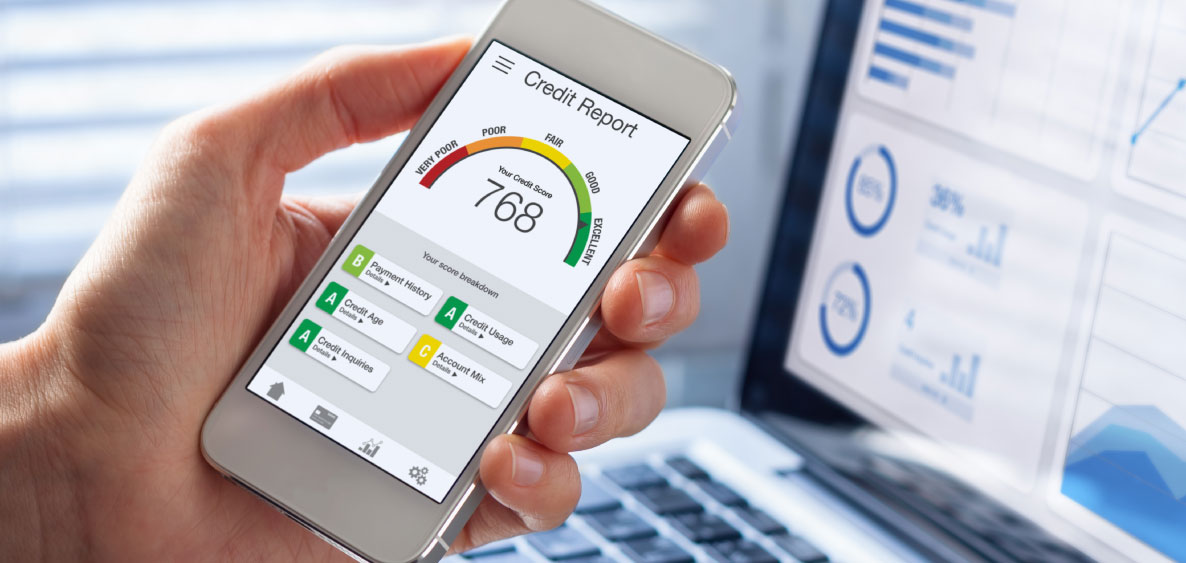
Financial well-being October 20, 2023 By
Fraud can take on many forms. Financial fraud is the most common, but your personal information can also be misused by a fraudster for medical or legal woes.
Stay safe by taking these 10 precautions:
- Guard your passwords. Choose complex passwords with numbers, capital and lowercase letters, and symbols and be sure and change them regularly. A password manager app can help you keep track.
- Protect your social security number. Don’t carry your social security card in your wallet, and if an organization or business is asking for your social security number, find out why.
- Check your credit.Once a year, request a free credit report from each of the three major credit reporting agencies: Equifax, Experian and TransUnion.
- Practice caution—even with family members. Fraud among family members may be one of the most underreported types of fraud. Take reasonable precaution with family to avoid betrayal and inconvenience.
- Destroy documents. Burn or shred any expired IDs, statements, receipts, or documents that contain your personal information.
- Update software.Phone and computer software updates often include features to protect the system from the latest security threats. Update them when notified.
- Use care with public Wi-Fi. Never access sensitive information while using public unsecured networks.
- Avoid oversharing on social media. Don’t list your full birthday or home address. Review your privacy settings and exercise caution when checking in at locations you’re visiting.
- Never click or download content from an unknown source. Fraudsters sometimes trick users into clicking or downloading a virus or malware that will provide a backdoor into their accounts through a simple click.
- Defend your child’s identity. Exert the same precautions with your child’s identity as your own and never open an account in their name for your use even if your intention is to establish credit for them. A savings account is a better option because it doesn’t run the risk of getting out of hand.
If you suspect you are a victim of fraud, report your concerns to your bank, credit card company, or insurance provider quickly. You may also need to file a police report. Quick action can reduce the damages.




